Egypt, Tunisia, Morocco
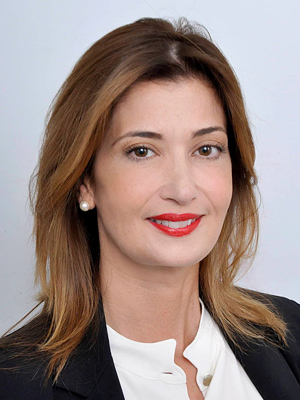
Mouna BEN OTHMAN is a lecturer in economics at the Ecole Supérieure des Sciences Economiques et Commerciales de Tunis (Higher Institute of Business and Economics of Tunisia- ESSECT). She is is a Doctoral Fellow in Economics at the Faculty of Economics, Sophia Antipolis in Nice. Her thesis was on the Macroeconomic Effects of Pension Reform System in the context of Tunisia. She is interested in research on the macroeconomic effects of pension reform system on the labour market. She is also passionate about women in the labour market, and in view of that, she has joined the Tunisia Policy Circle Association which aims at strengthening the capacities of women in the labour market, and stimulating and building a network. She is also a Treasurer in the Tunisian Organization for Social Cohesion, OTCS, which aims at stimulating young Tunisian women who are marginalized and do not have access to the labour market. mbmouna@yahoo.fr
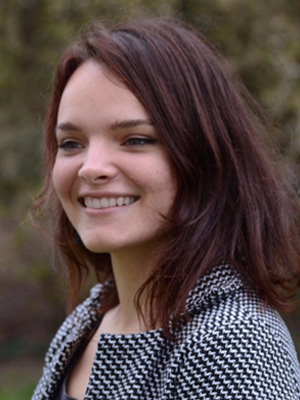
Wojcieszynski Emilie is a freelance consultant whose studies have focused mainly on social issues. She first worked as an intern research assistant at Institut de Recherche pour le Développement [Institute of Research for Development] on the Socio-Economic Consequences of COVID-19 in Tunisia project. She then worked in different organizations on issues relating to the health crisis in developing countries, specifically, the MENA region (Economic Research Forum, OCDE).
Together with co-authors, she discovered some issues on the health crisis in Tunisia in the process of drafting a report for the INCLUDE platform initiated by the Ministry of Social Affairs in the Netherland. The aim of the report was to examine government as well as social policies in order to determine how responsive they have been to the pandemic and how inclusive they are for vulnerable populations. During this survey, civil society and government actors were interviewed on how these government policies have been effective enough to respond to the emergency crisis in Tunisia and the challenges they have faced. emilie.wojc@gmail.com
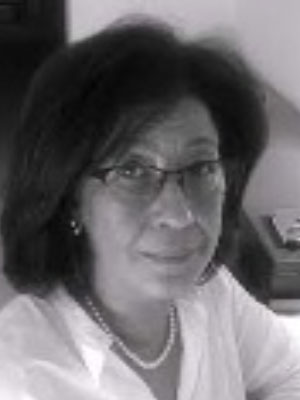
Dr. Saadi Radi has a PhD in Anthropology, with specialization in Health Anthropology, from Université Aix-Marseille (Aix-Marseille University [AMU]) in 1995. She is currently acting as a Consultant and Research Associate at the Centre for Global Studies at Université Internationale de Rabat [International University of Rabat]. As a consultant, she participated specifically, in the evaluation of the Medical Assistance Plan (RAMed) in Morocco for the National Observatory for Human Development (2015-2017). She led the evaluation survey on access to sexual and reproductive health care for sub-Saharan migrant women in Morocco (Association for the fight against AIDS, Doctors without Borders, European Union, Swiss Cooperation).
She also supervised the qualitative survey on the Integration of Refugees in Morocco for the United Nations High Commissioner for Refugees. Radi has published some articles on the supernatural and society, namely: “L'explication magique de la maladie et du Malheur” [Supernatural/Magical Phenomenon for the Cause of Sicknesses and Misfortunes] à Khénifra, Maroc, Louvain, Open Edition-Centre Jacques-Berque, in 2014. She has also published a wide range of articles in the area of health and social public policies, including: “Interaction hospitalières au Maroc: les politiques d'accès aux soins dans la perspective des patients, Mondes en développement”, no. 187, 2019 and "La typification des devoirs vis-à-vis des personnes âgées au Maroc. Un flottement entre deux modèles", Gérontologie et société, n°1/2019 (with J.-N Ferrié). [Hospital Interactions in Morocco: patients perspectives of policies for access to healthcare services], Developing world, no. 187, 2019 and ˝Classification of interactions with senior citizens in Morocco. A distinction between two models˝, Gerontology and Society, n°1/2019] (with J.-N Ferrié). saadia.radi@gmail.com
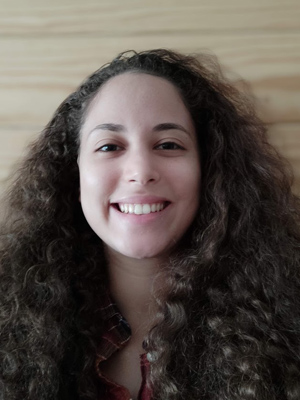
Amira Othman is a research analyst at the American University in Cairo, where she earned her Master's degree in Sociology-Anthropology (2019) and was an Andrew W. Mellon Fellow at the Humanities and Social Sciences Lab. Her MA dissertation, a multi-sited ethnography on capital punishment, received the 25th of January Award for Scholarly Excellence (2018-2019). Sections of her dissertation were published in Kohl: A Journal for Body and Gender Research and the Cairo Papers in Social Science. amiraothman@aucegypt.edu
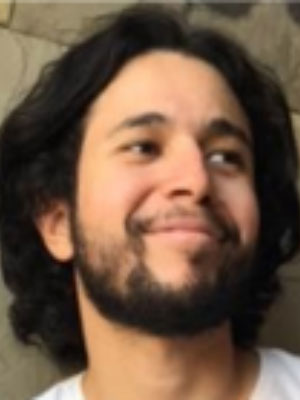
Ahmed Abd El Sadek is an Egyptian academic and artist. His work dovetails alternative education, career rehabilitation, and the arts. He has vast experience with unconventional education methods over the past decade, during which he raised socio-cultural awareness through art-based workshops, training programmes, and consultancies. His work with children includes designing curricula for the Wadi Environment Science Center. He also worked to reinforce child protection policies as part of Save the Children and UNICEF. Additionally, his work with UN Women involved the career rehabilitation of female household heads. a.a.abdelsadek@gmail.com
